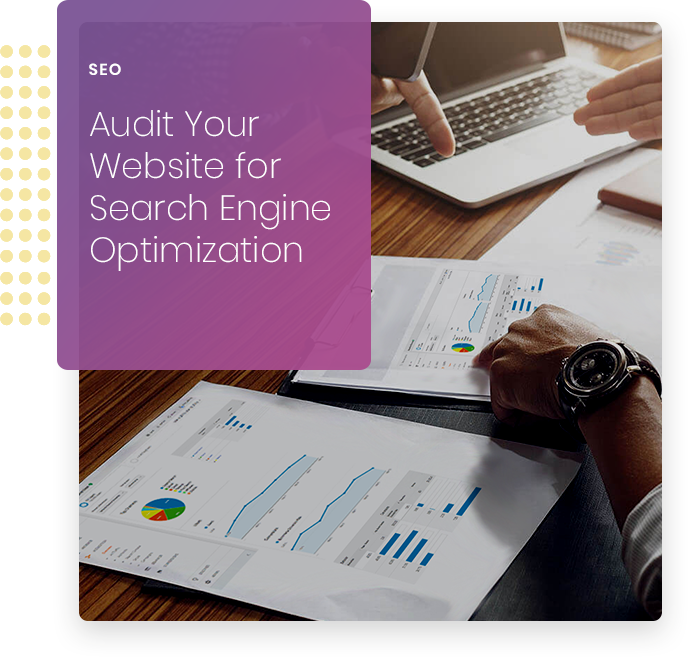If your website is built on a CMS platform such as WordPress, Joomla or Drupal, you’ve already overcome many SEO obstacles. These popular content management systems are widely known for being the most search engine friendly and are the easiest for search bots to crawl. This doesn’t necessarily mean that all hope is lost if your website is a straight HTML build, it just means you will likely require a bit more work to improve your ranking positioning.
Forget keywords. Yeah, you heard us. If you are stuffing keywords into your content instead of writing articles that are creative and interesting, you won’t stand much of a chance in today’s ranking rat race. With nearly 1-billion websites on the Internet today, your website will need to offer something truly unique to get noticed by search engines. Compelling and ‘share-worthy’ content is a great start but this should also be supported by images, statistics, graphs and any other features that will help create a positive and fulfilling experience for your website visitors.
Ranking Barriers.
If your website has never seen the light of page 1 glory for popular keyword searches, there may be several inherent issues that are preventing this possibility. While your website may offer unique and rich content, it may still be sidestepping the most basic and fundamental rules of SEO. Assuming your content isn’t an issue, here are some other elements you’ll want to review:
- Do your website’s main landing pages contain titles that explain the topic of the page?
- Do your URL strings contain keywords that are relevant to your page’s topic?
- Are your paragraphs labeled with headlines (example: <h1>)?
- Does your website offer rich content (other than text) such as images, graphs, charts?
- Are there other domains on the Internet that link to your own (backlinks)?
All of the above points are critical SEO elements that present opportunities for you to improve your ranking positioning. Improper structure of these elements may prevent web crawlers and search bots from understanding and correctly translating the main topics of your website.


Selecting Targeted Keywords
Choosing keywords that make sense for your website is not always and easy task. If you ask 5 people how they search for a ‘widget store’ online, chances are you will get 5 completely different answers. Not everyone searches the way you do and sometimes the best strategy is to target long-tailed keywords that are unique to your website’s offering. Use Google’s Keyword Planner to help you determine search volumes for your specific industry. Your potential clients may be using several descriptive keywords to narrow their search, so there may not be a need to be too generic with your targets.
LET’S WORK TOGETHER
Whether you’re a startup or multi-million dollar organization, we’re up for anything.

